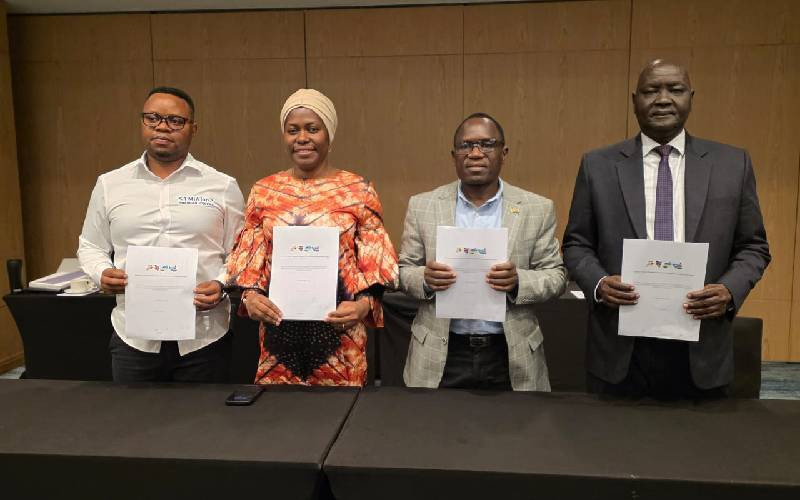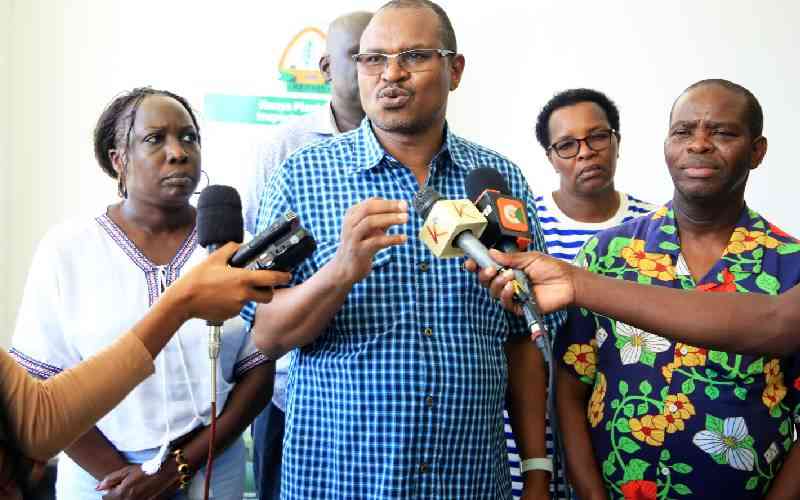
Maize is Kenya’s staple food, yet its annual production consistently falls short of demand, hindered by degraded soils, limited access to improved seeds, and the devastating impact of pests and diseases.
This has resulted in an annual maize deficit of 1.2 million metric tonnes, threatening food security. Genetically Modified crops (GMOs) offer a potential solution to these challenges. In Kenya, two locally developed Bt maize varieties are poised to address these issues: one is already approved for cultivation, offering protection against the destructive stem borer pest, while the other, with dual protection against stem borer and fall armyworm, is being reviewed for National Performance Trial. These varieties are developed using a gene from Bacillus thuringiensis (Bt) proteins that target specific insect pests.







